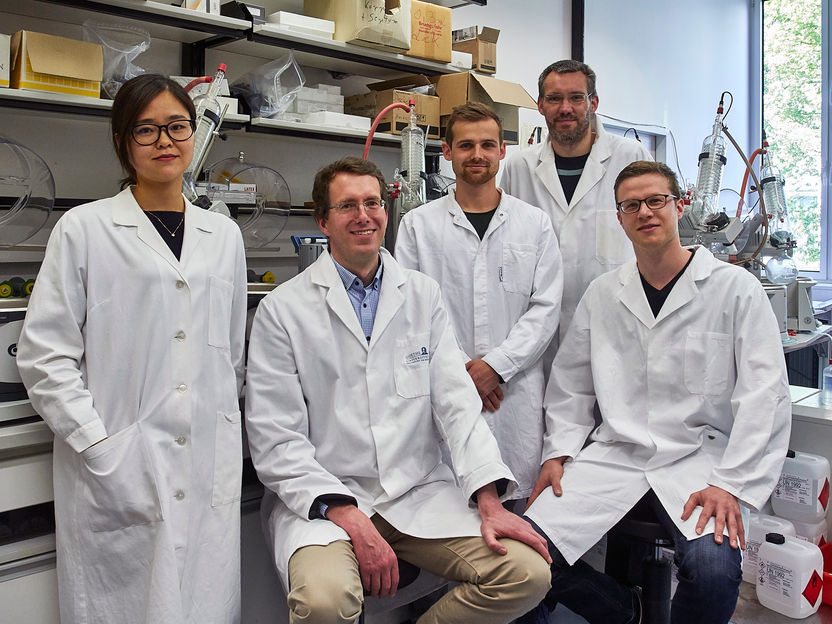Nanotechnology advances could pave way for implantable artificial kidney
Research that could lead to the development of a surgically implantable, artificial kidney, was presented at ASN Kidney Week 2015. Advances in nanofilter technology were produced in collaboration between investigators from UCSF and Vanderbilt University. The research recently received a new $6 million grant through the National Institute of Biomedical Imaging and Bioengineering's Quantum Program.
A surgically implantable, artificial kidney could be a promising alternative to kidney transplantation or dialysis for people with end stage renal disease (ESRD). Currently, more than 20 million Americans have kidney diseases, and more than 600,000 patients are receiving treatment for ESRD. U.S. government statistics indicate kidney care costs the U.S. health care system $40 billion annually, accounting for more than 6 percent of Medicare spending.
"We aim to conduct clinical trials on an implantable, engineered organ in this decade, and we are coordinating our efforts with both the NIH and the U.S. Food and Drug Administration," said Shuvo Roy, PhD, a UC San Francisco bioengineer who led the research together with Vanderbilt University nephrologist William Fissell, MD.
Roy is the technical director of The Kidney Project at UCSF, a multi-institutional collaboration that has prototyped and begun testing key components of the coffee-cup-sized device, which mimics functions of the human kidney.
One component of the new artificial kidney is a silicon nanofilter to remove toxins, salts, some small molecules, and water from the blood. Roy's research team designed it based on manufacturing methods used in the production of semiconductor electronics and microelectromechanical systems. The new silicon nanofilters offer several advantages -- including more uniform pore size -- over filters now used in dialysis machines, according to Roy. The silicon nanofilter is designed to function on blood pressure alone and without a pump or electrical power.
Fissell, associate professor in the Department of Medicine at Vanderbilt and medical director for The Kidney Project, said the project's goal is to create a permanent solution to the scarcity problem in organ transplantation. "We are increasing the options for people with chronic kidney disease who would otherwise be forced onto dialysis," Fissell added.
The artificial kidney being developed by Roy and Fissell is designed to be connected internally to the patient's blood supply and bladder and implanted near the patient's own kidneys, which are not removed. Along with Roy at UCSF and Fissell at Vanderbilt, a national team of scientists and engineers at universities and small businesses are working toward making the implantable artificial kidney available to patients.
In September the project was designated for inclusion in the FDA's new Expedited Access Pathway program to speed development, evaluation, and review of medical devices that meet major unmet needs in fighting life-threatening or irreversibly debilitating diseases.
Other news from the department science

Get the life science industry in your inbox
By submitting this form you agree that LUMITOS AG will send you the newsletter(s) selected above by email. Your data will not be passed on to third parties. Your data will be stored and processed in accordance with our data protection regulations. LUMITOS may contact you by email for the purpose of advertising or market and opinion surveys. You can revoke your consent at any time without giving reasons to LUMITOS AG, Ernst-Augustin-Str. 2, 12489 Berlin, Germany or by e-mail at revoke@lumitos.com with effect for the future. In addition, each email contains a link to unsubscribe from the corresponding newsletter.





















































